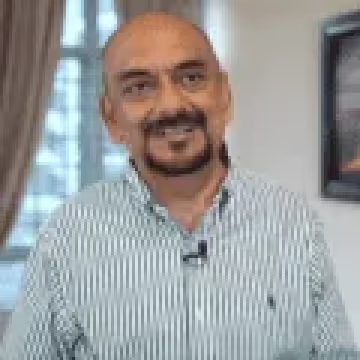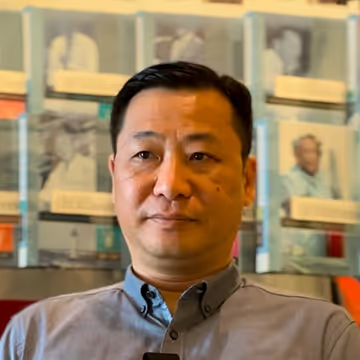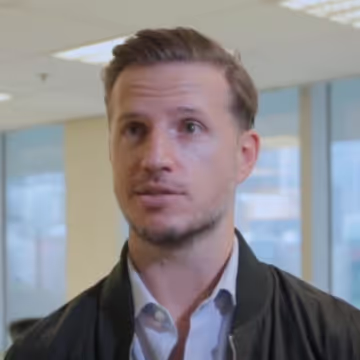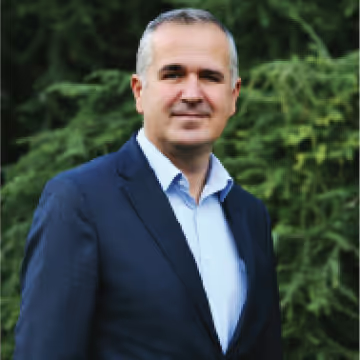Substantial Underperformance in the Russian Golden Visa Scheme
The Russian Golden Visa program, intended to be a magnet for high-net-worth individuals seeking residency through investment, seems to be trailing significantly behind its ambitious targets. Launched with the promise of bolstering foreign investment, the initiative has witnessed a surprisingly low uptake from international investors, managing only 40 applications since January 2023.
This figure starkly contrasts with the annual target range of 300-400 applications, positioning the program at a mere 5% achievement rate over two years.
Challenges and International Comparisons
Several factors contribute to the tepid response, including escalating geopolitical tensions and sweeping international sanctions. These elements have instilled a cautious stance among potential investors, refraining from significant commitments in the Russian market.
The economic landscape, marked by unpredictable shifts and the tightening grip of international sanctions, further complicates the attractiveness of such investment immigration schemes.
Conversely, looking at other countries, Singapore’s substantial and clear-cut regulatory framework for business and investment often makes it an appealing alternative for investors considering secondary citizenship or residency through investment in a stable and economically robust region.
Quality Over Quantity and Future Projections
Despite low application numbers, the quality of investment per application appears robust, with the average investment significantly surpassing the required minimum threshold. With an average of US$1.2 million per application against the baseline of US$160,000, it suggests that the program is capturing a niche segment of high-caliber investors.
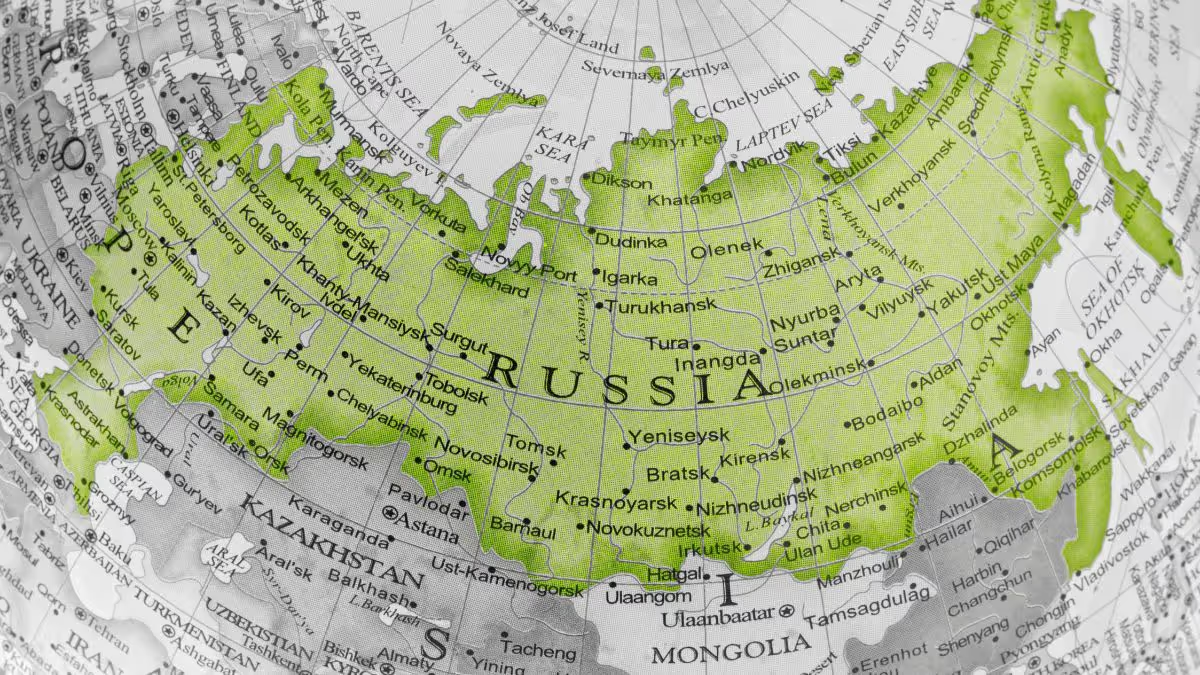
Some of these investors are drawn to the high yields from Russian publicly traded companies which, as reported, include returns exceeding 30% due to market appreciation and ruble strengthening.
The Russian government, acknowledging the program’s underwhelming performance, is contemplating adjustments. Prospective improvements include reconsidering language requirements and potentially reducing the mandatory residency period from the current 180 days. These changes aim to make the Golden Visa more appealing amidst fierce competition from other countries' investment migration programs.
Moreover, the program has seen a diverse interest base, with 40 investors originating from 14 different countries, including the U.S., Germany, and South Korea. A majority chose business investments, diverging from the common preference for real estate seen in similar programs globally, indicating a unique investor insight into the Russian market’s potential.
Wrapping Up
While the Russian Golden Visa program struggles to hit its initial lofty aspirations, it remains a noteworthy case study in the complex interplay of international business strategy, geopolitics, and investment migration.
Whether these challenges can be mitigated will depend on Russia's ability to adapt its offering to appeal more broadly to international investors without compromising on its regulatory demands.
As it stands, the path forward necessitates strategic adjustments to revive and leverage investor interest effectively.












